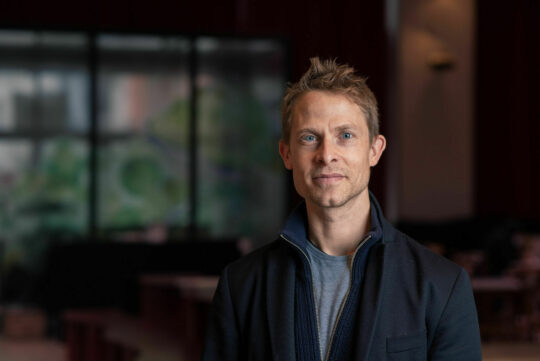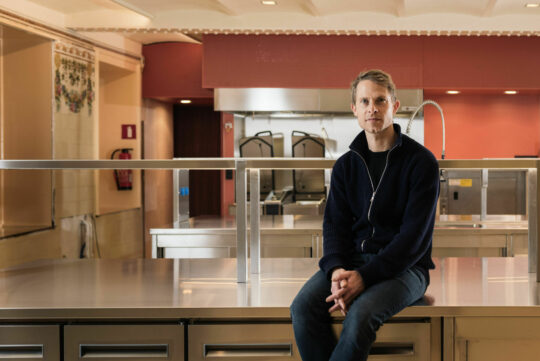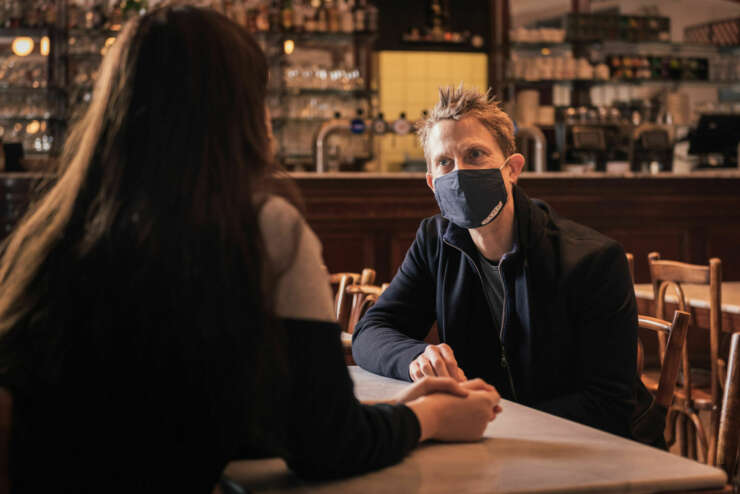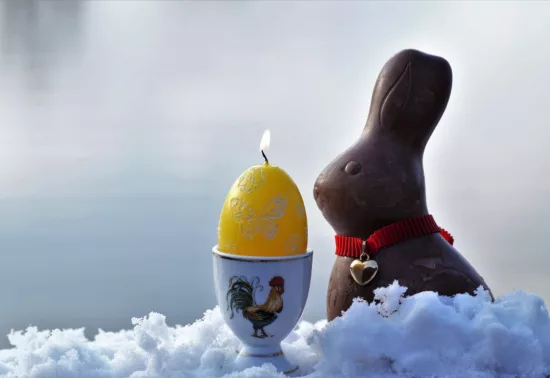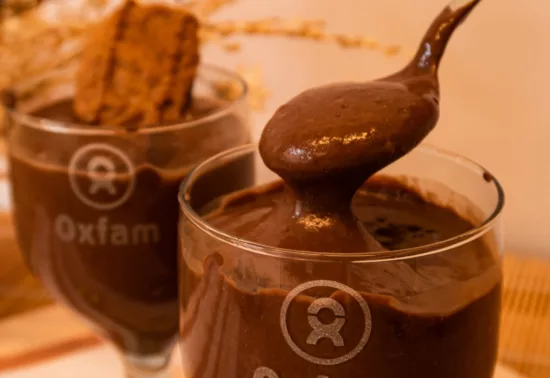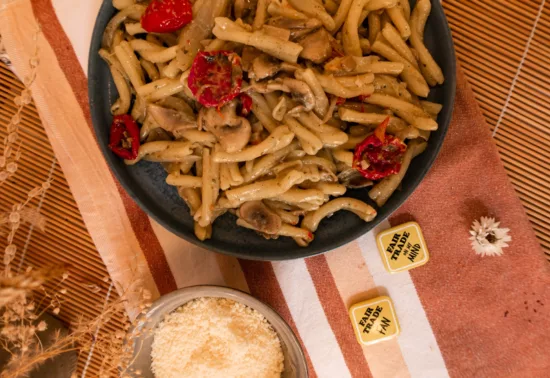Vooruit cooks with LEF: local, ecological and fair. Kitchen manager, Tom De Vleesschauwer (41) explains why Vooruit, the art centre in Ghent, wants to set a good example. A conversation about the choice for quality, well-cared-for sheep and the meditating effects of a vegetable garden.
95 percent of the menu of the Vooruit Café consists of organic products. Local and fair-trade products are also on the list. Tom: “More and more people appreciate the added value of these products and are willing to pay a little more for them. By cooking with LEF, we want to show people that there is an alternative way. Vooruit is in a unique position to make the less obvious choice. Therefore, we like to be a bit more tolerant when a small, start-up business communicates to us that some products are out of stock or that the harvest was disappointing. While this would be very challenging for restaurants with a fixed menu, we have enough margin to say: ‘Don’t worry! We will choose another dish for the today’s menu.’”

